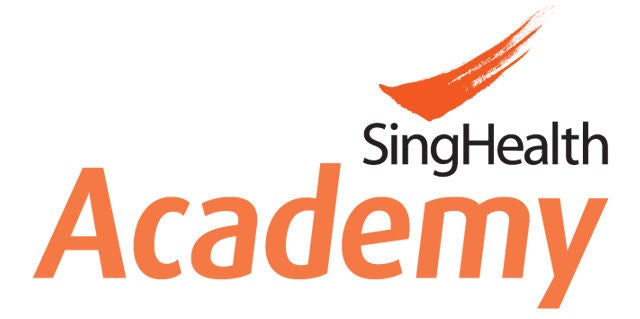SingHealth Academy will NEVER ask you to transfer money over a call. If in doubt, call the 24/7 ScamShield helpline at 1799, or visit the ScamShield website at www.scamshield.gov.sg.
Non-English translations are machine-generated; verify independently for
potential
inaccuracies.
Importance of Early Life Course Maternal and Child Health
Synonym(s):
Importance of Early Life Course: Maternal and Child Health
Track Type: Symposium | Date: 19 October 2023, Thursday| Time: 1415 - 1440 | Speaker: Assoc Prof Chan Yoke Hwee
Maternal and child health are key priorities recognised in the United Nations’ Sustainable Development Goals. It is also encapsulated in Singapore’s RIE 2025’s research and development plans with Human Health and Potential as one of its four domains.
Since our independence, Singapore has undergone tremendous transformation. In public health, we witnessed a change in concerns of a developing country – clean water and sanitation, childhood infections, family planning, etc, to one of low fertility rate, childhood obesity, mental health conditions and adult chronic diseases. To address our current problems, it is imperative that we invest in maternal and child health for the best returns.
Maternal and child health forms the early and vulnerable part of the life course and is a key part of Singapore’s population health strategy. It starts as early as the pre-conception women’s health, in a guided approach, through the first 1000 days into childhood and adolescence. This calls for a deliberate multi-sectoral and ecological approach as threats to maternal and child health and well-being originates from different sectors and changes with time.
Two large cohorts, Growing Up in Singapore Towards Health Outcomes (GUSTO) and Singapore Preconception Study of Long Term Maternal and Child Outcomes (S-PRESTO), have shed good evidence into the early determinants of health. We have strong national policies in place with many good services and programmes. The next step is to take stock of existing efforts, build an integrated ecosystem involving the health, social, education and environmental sectors, and through a family-centred, community-driven approach tackle our chronic health issues through prevention early in life.
10 Hospital Boulevard, #19-01 SingHealth Tower Singapore 168582
© 2025 SingHealth Group. All Rights Reserved.
















